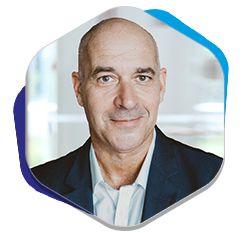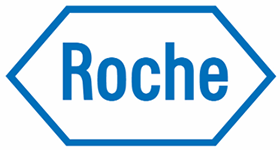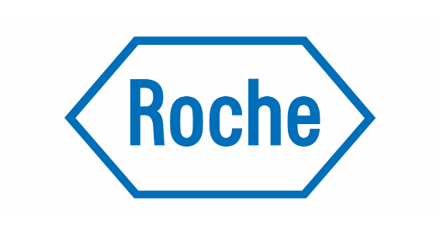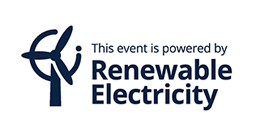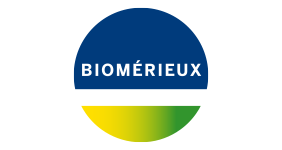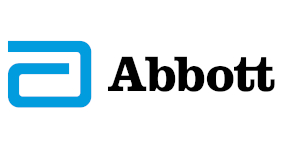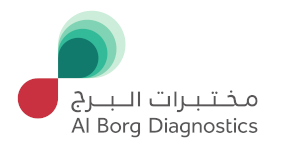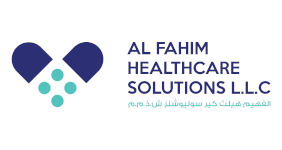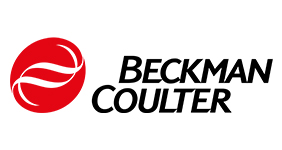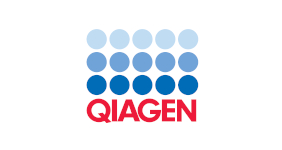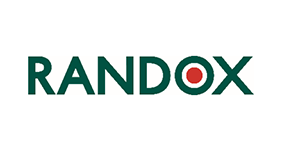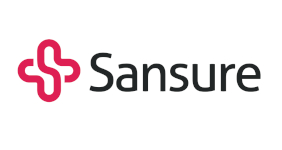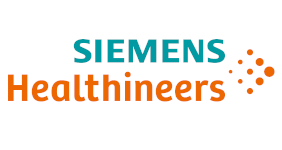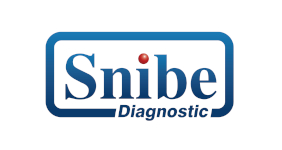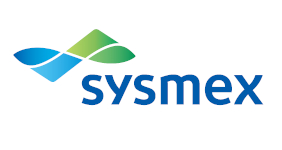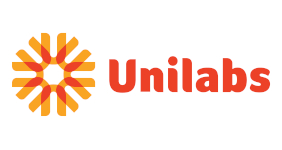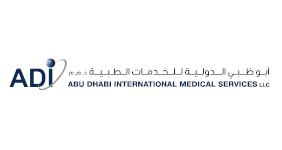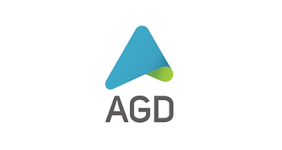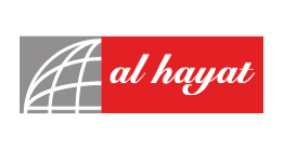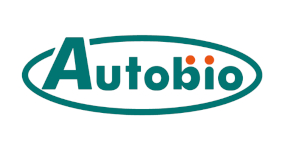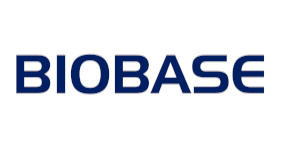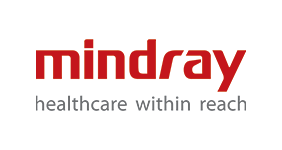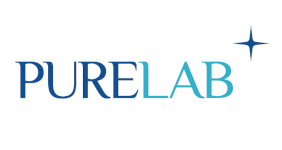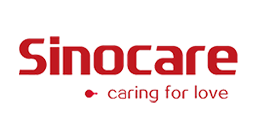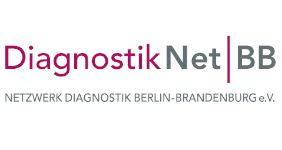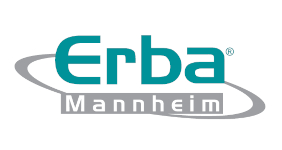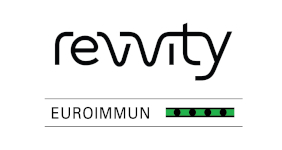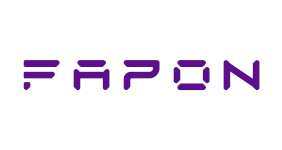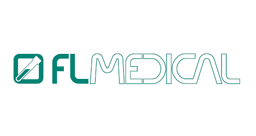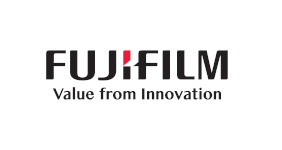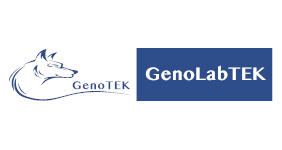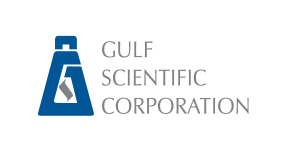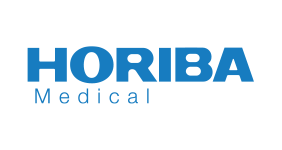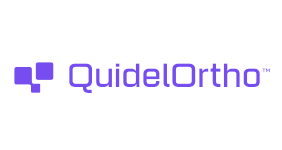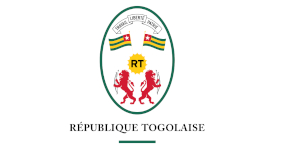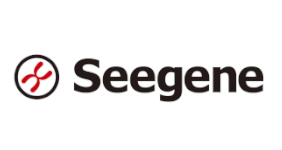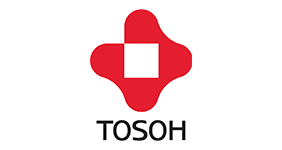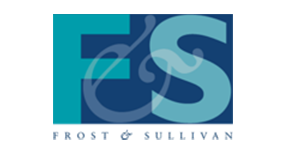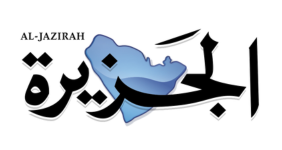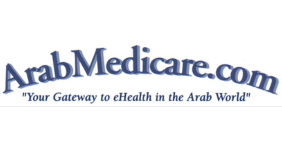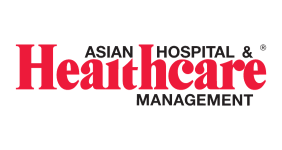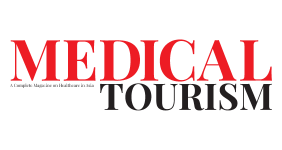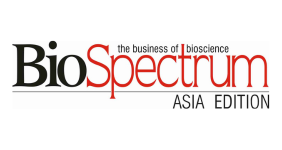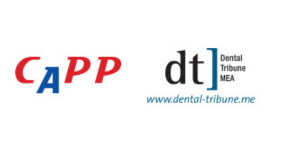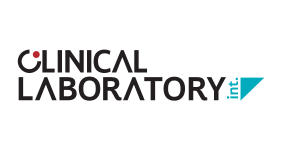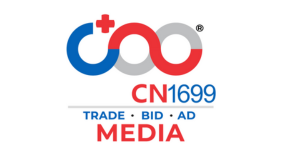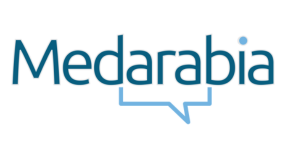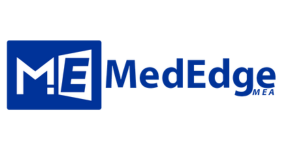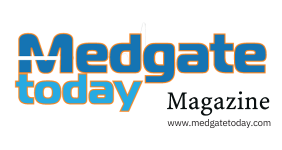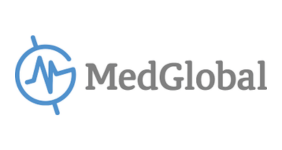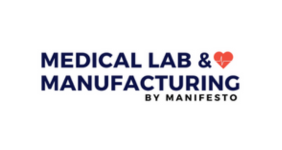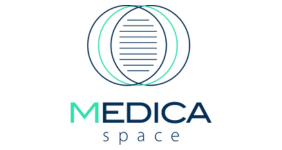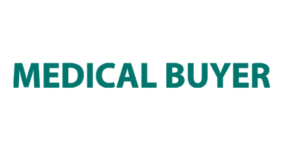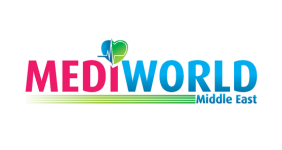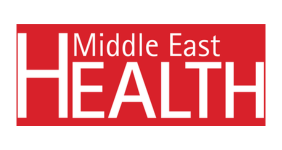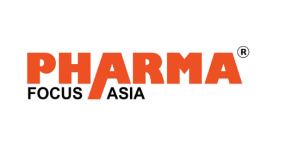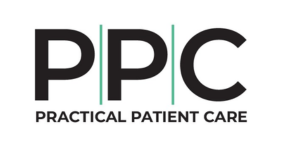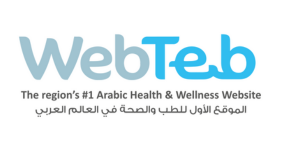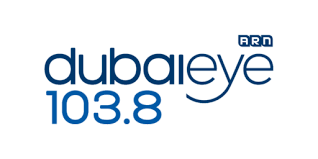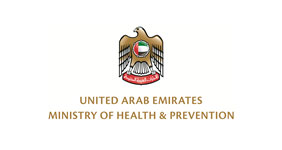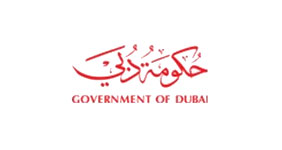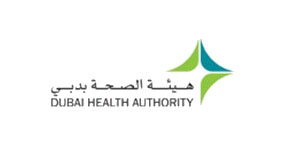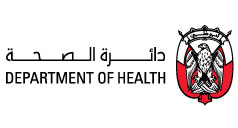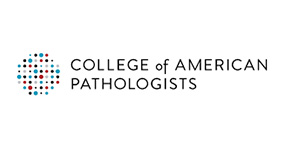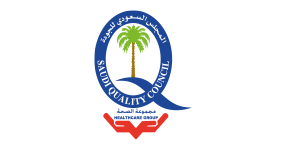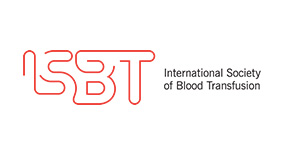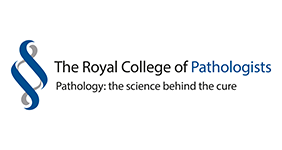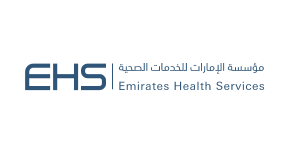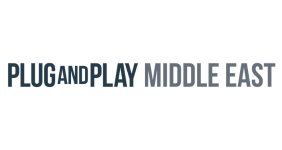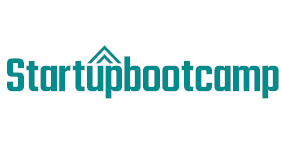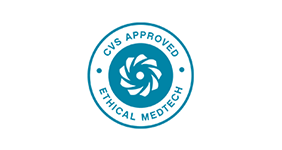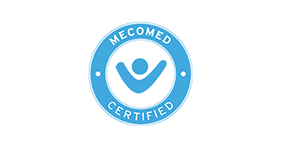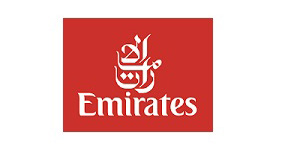1. This year’s theme is ‘Connect with innovation that’s changing the face of diagnostics’. What does innovation in diagnostics mean to you?
I would begin by emphasising the crucial role that diagnostics play in clinical decision-making. A robust diagnostics outcome facilitates an overall better patient outcome. It allows healthcare professionals to detect the risk of disease, how it might progress and enables the very best treatment decisions for patients to be made at the earliest possible moment.
Connecting with the very latest in innovation to advance the potential of diagnostics, and accelerate a change in the way healthcare is delivered, is imperative to improving outcomes even further. As a world leader in Diagnostics, Roche is committed to continuing to deliver pioneering advances in healthcare, so we are always asking ourselves, and the partners we work with, how can we do this better? Is there another way we can apply our expert healthcare knowledge to our innovative technology to really advance science and patient care further?
Roche has developed and implemented innovative diagnostic systems that have helped millions of people around the world during and long before the pandemic. But technology is constantly changing, evolving, and advancing, and if we want to continue to improve, we must remain connected to innovation
2. To what extent will emerging technologies such as AI and big data influence the medical laboratory industry?
Healthcare systems are changing and developing. With that, there is pressure to do more, with less. At Roche Diagnostics, rather than simply looking at the technology, we bring in our healthcare thinking to support and improve the technology. With this view, we look into new areas for innovation to drive that change, and things such as data management, information systems, and how we use that data to make healthcare decisions, are key areas for us. Across the Middle East, we are applying this thinking and engaging with a range of external stakeholders to make sure we can address the needs of the region’s healthcare community.
The potential of AI and big data within healthcare is limitless. Healthcare infrastructure around the world often struggles under the demand for services and solutions, so more and more organisations are turning to technology to ensure they stay ahead of the game. AI and big data can work together to provide insights and solutions and have a huge potential within diagnostics.
Predicting disease is one exciting area. Machine learning algorithms and devices can help doctors identify the risk of a disease before it is even present, and when equipped with AI, can really drive insights into how a patient is responding to a certain treatment, so doctors can adjust and improve therapies and overall outcomes.
Big data also has a huge potential in cancer. It has the capability to analyse genome sequencing which can identify biomarkers for the disease, leading to earlier detection. The same technology can also be applied to identify which groups of people may be at an increased risk for certain cancers. Overall, it is about speeding up analysis to ensure a faster diagnosis and treatment, and better results for patients.
3. What other trends do you see emerging in the coming months that will impact the medical laboratory industry?
Advanced diagnostics and aggregated data are changing healthcare and this is very exciting. They have the power to turn the complexity of this information into certainty that can help doctors, patients, and healthcare systems. Three factors; automation, digitalisation, and integration, are driving this and taking diagnostics beyond the lab and expanding all aspects of diagnostic capabilities.
Automation and digitalisation allow medical technologies and information systems to “talk” to each other in a standardised language, helping laboratories perform more efficiently and successfully. Integration puts all the pieces together – laboratory tests, imaging studies, medical histories, and doctors’ reports – so that a complete picture of each patient is readily available and easily understood.
Overall, emerging diagnostic technology can reduce costs by diminishing subsequent health problems, reducing hospitalisation, and avoiding unnecessary treatment. The future of sustainable healthcare really does depend on diagnostics
4. What have you learned from the pandemic from a diagnostics or lab perspective?
The pandemic served as a stark reminder of the critical role of diagnostics in healthcare. Countries around the world quickly recognised that accurate and mass testing was key to containing and controlling the virus.
Roche Diagnostics launched the first CE-marked PCR COVID-19 test at the very beginning of the pandemic, meaning that within a month, we were able to identify the sequence of COVID-19, create a reliable diagnostic test and secure its validation. I really believe that equally important here was the speed and agility of the test’s adoption as the actual test. This can often take years to facilitate, from development through to regulatory approvals. It demonstrates how regulatory frameworks should adapt in the future if we are to ensure optimal efficiency and the safety of our populations when faced with a global health challenge.
The pandemic also served as a reminder of the importance of an open dialogue between different stakeholders within healthcare systems. Robust healthcare infrastructure is imperative to any society, and dialogue between patients, providers, physicians, government, and regulators is key to enabling us to launch our innovation in diagnostics as quickly as possible. During the pandemic, thanks to the open and fluid way we talk to all our stakeholders, we were able to launch a number of solutions immediately, with tangible results.
Looking beyond the pandemic, as a company, we hope our ‘Celebrate Life’ campaign will resonate with our stakeholders as we encourage them to share insights and work together, so we can further diagnostic advancements. ‘Celebrate Life’ is the theme we have adapted for our 125th-anniversary celebrations, and it represents unleashing the potential in all of us, allowing us to embrace a healthier, happier life. We want to help make a change in the way policymakers and HCPs value diagnostics and be a part of a change for a better, healthier tomorrow.
As we hopefully move away from COVID in the near future, we will apply this way of thinking to the many other diseases that need our attention. We are guided by continual, rigorous analysis of epidemiological data such as disease prevalence and patterns. With this insight, we create a dynamic list of priorities that require the most urgent attention. Thanks to our presence in the region, we can drill down these results to a regional, country, and population level.
5. What, if anything, will you be doing differently in the post-pandemic era?
I think the pandemic has created a shift in all of us and altered the way we view so many aspects of our lives. Healthcare systems will inevitably review the time and money it invests in diagnostics in the future, and we have already seen a huge increase in the attention that diagnostics get post-COVID. Right now, we are focusing our efforts on educating policymakers, healthcare professionals and the non-informed public on the tremendous value diagnostics can bring to people’s health, across the entire patient journey.
We also want to change the way that patients view their health and help empower them by being better informed. We want to encourage a better understanding of why it’s important for them to know their bodies, and that something can be done to improve their health experience. In support of this, we launched our Value of Diagnostics campaign to drive understanding of the value that self-awareness and diagnostics can have in keeping us healthy and saving lives, as well as strengthening the overall healthcare ecosystem.
6. Is there anything else you would like to add?
As we move forward, we will continue to combine the science of advanced diagnostics with the physician’s art for a healthier future. We remain committed to supporting healthcare for the long term and delivering positive outcomes to healthcare systems through our heritage of innovative and cutting-edge scientific advances, and by being a trusted partner to healthcare authorities and other stakeholders across the Middle East region.
Follow our channels:

